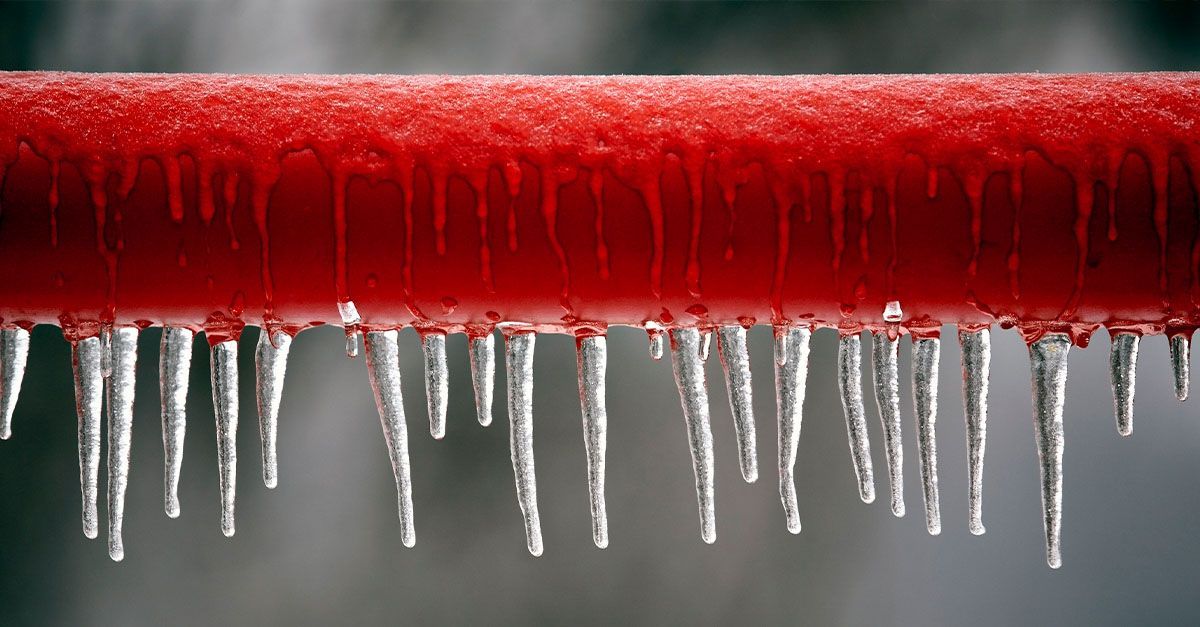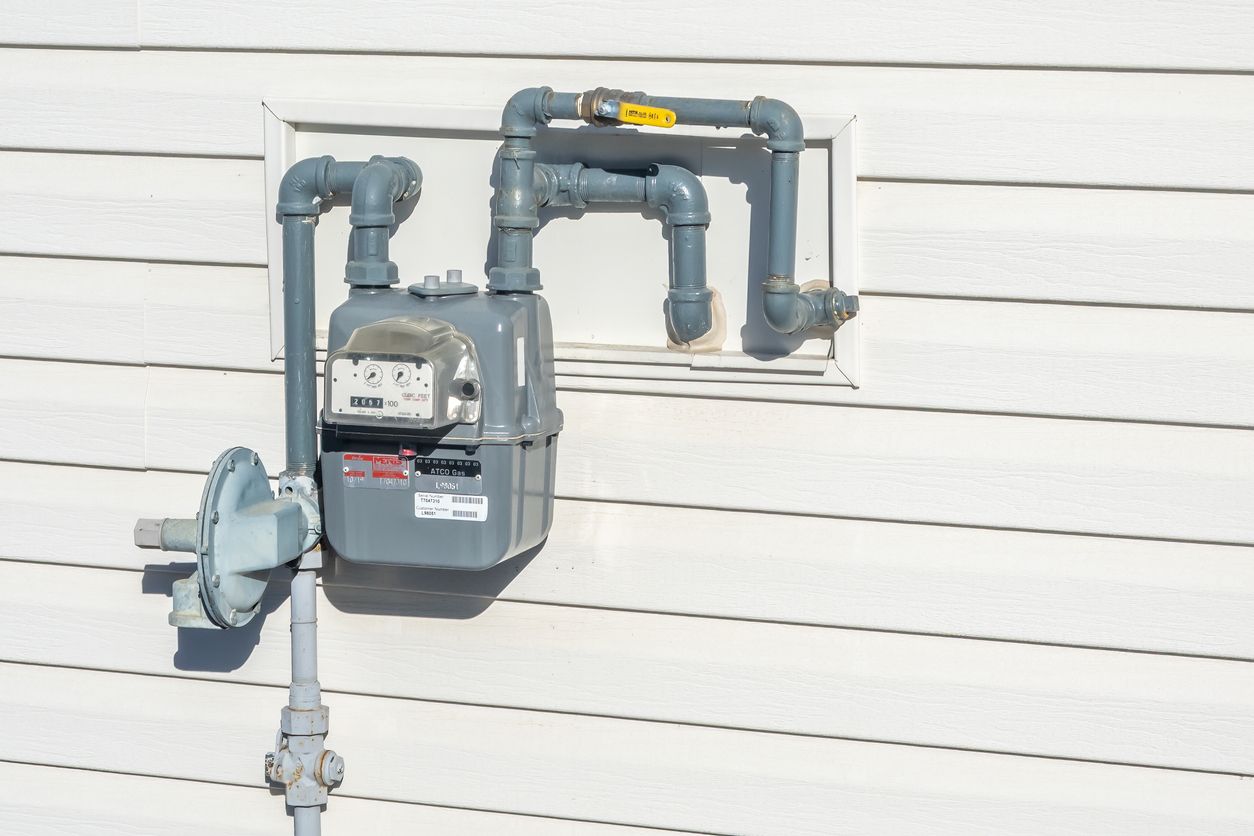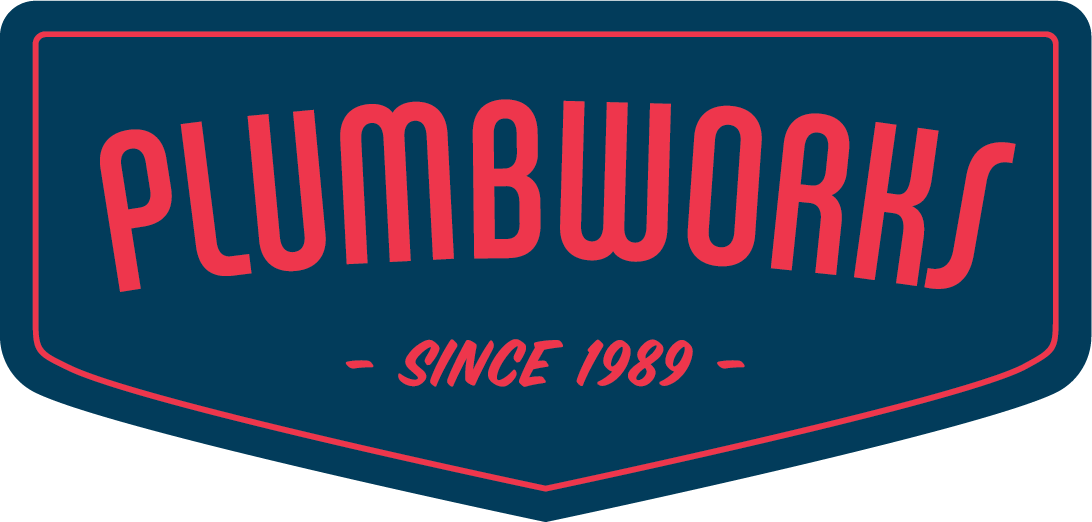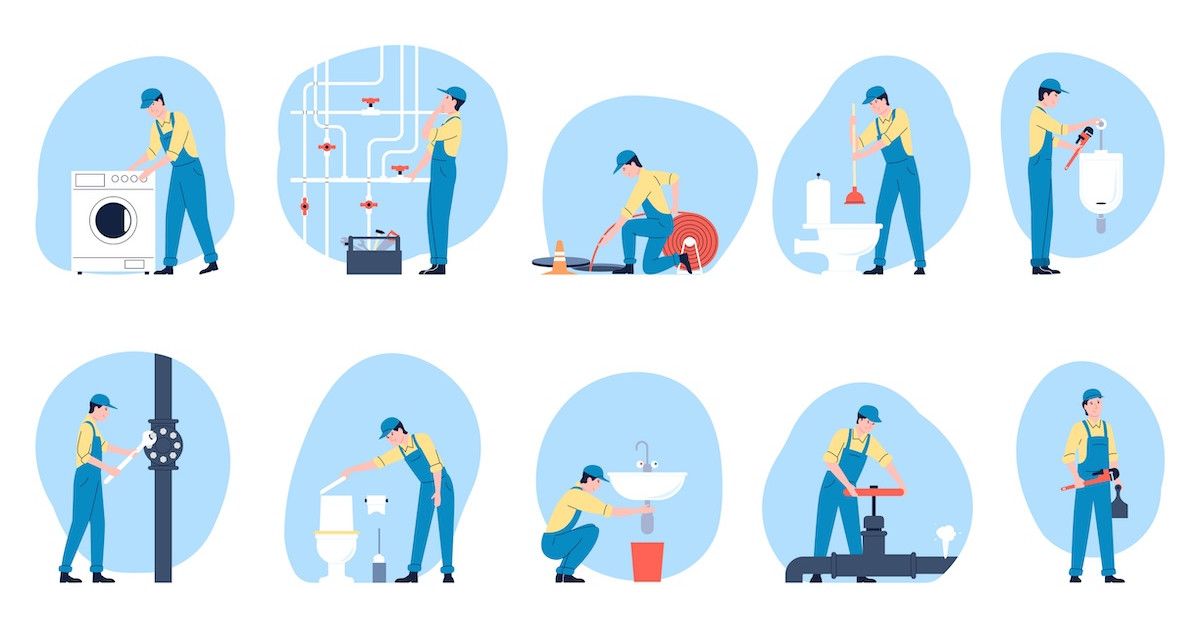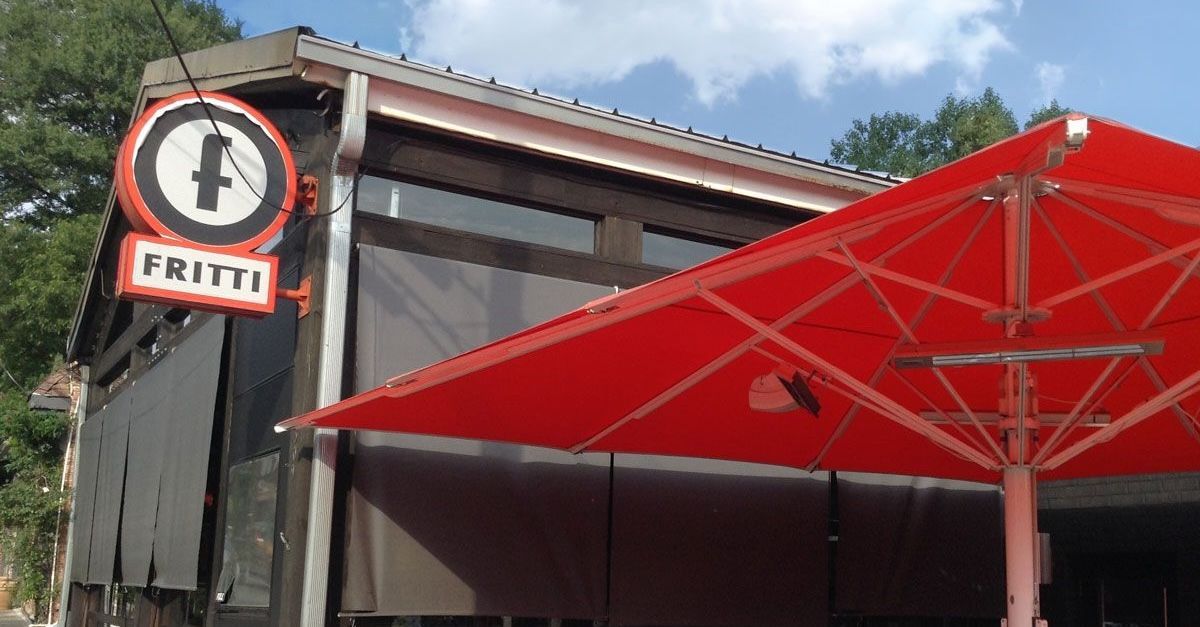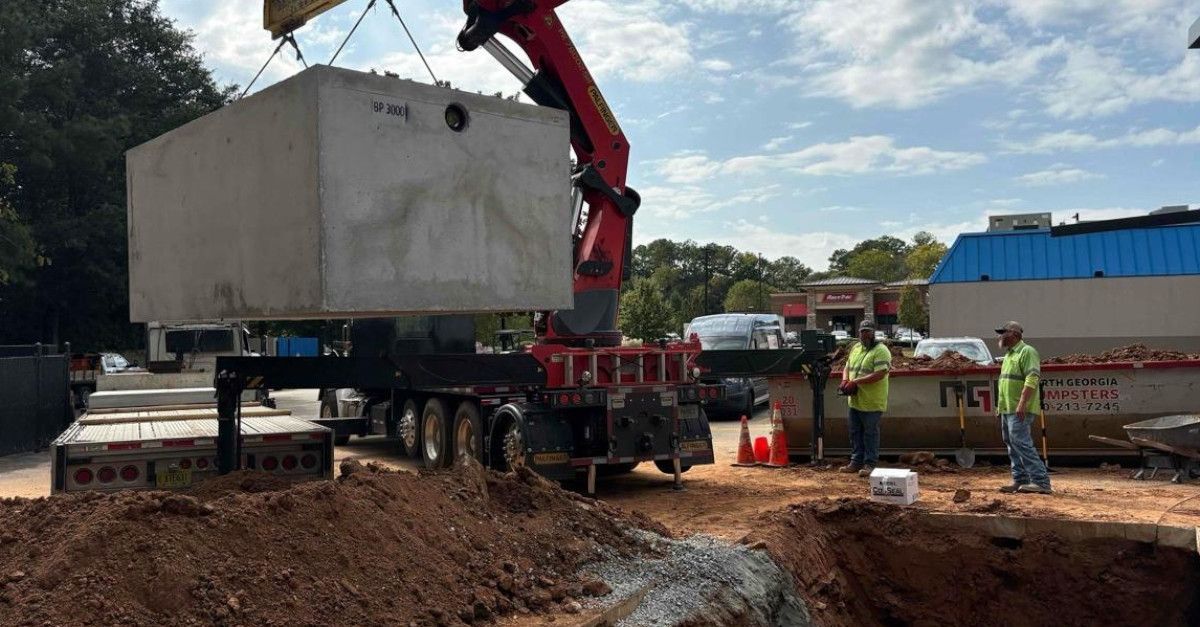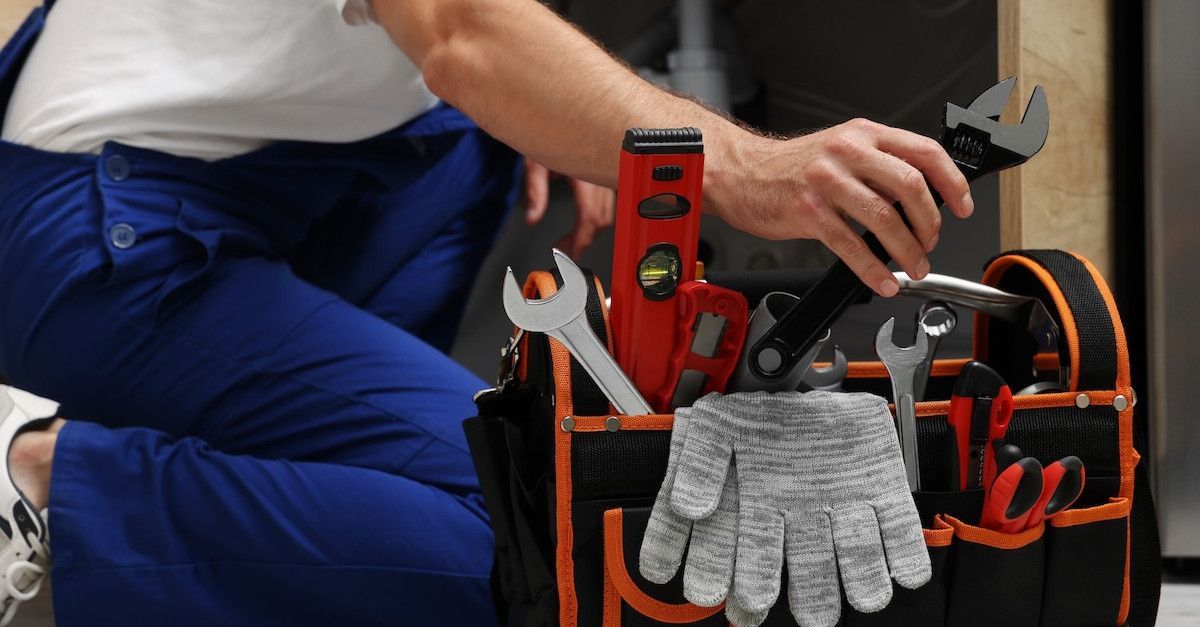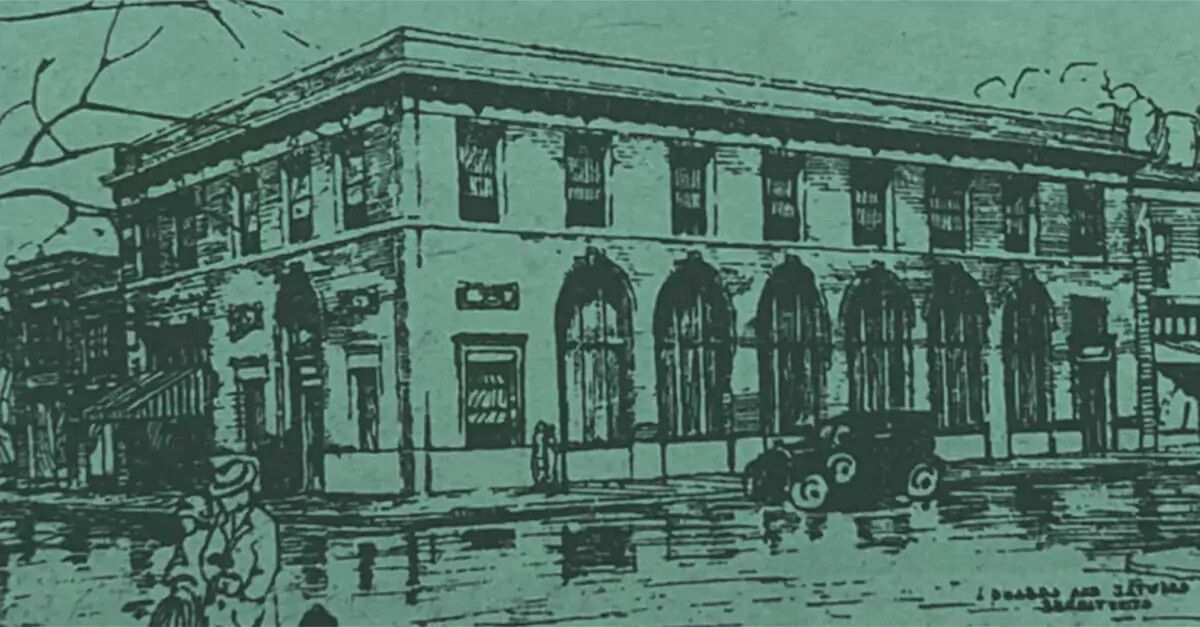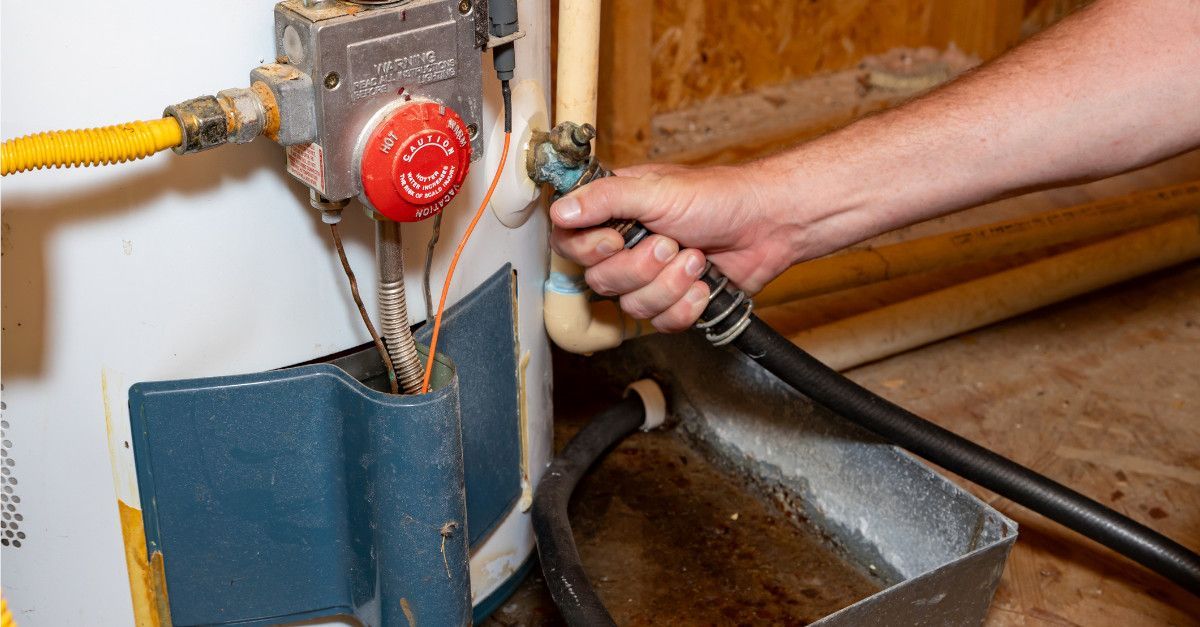How Safe Is Your Hose Water?
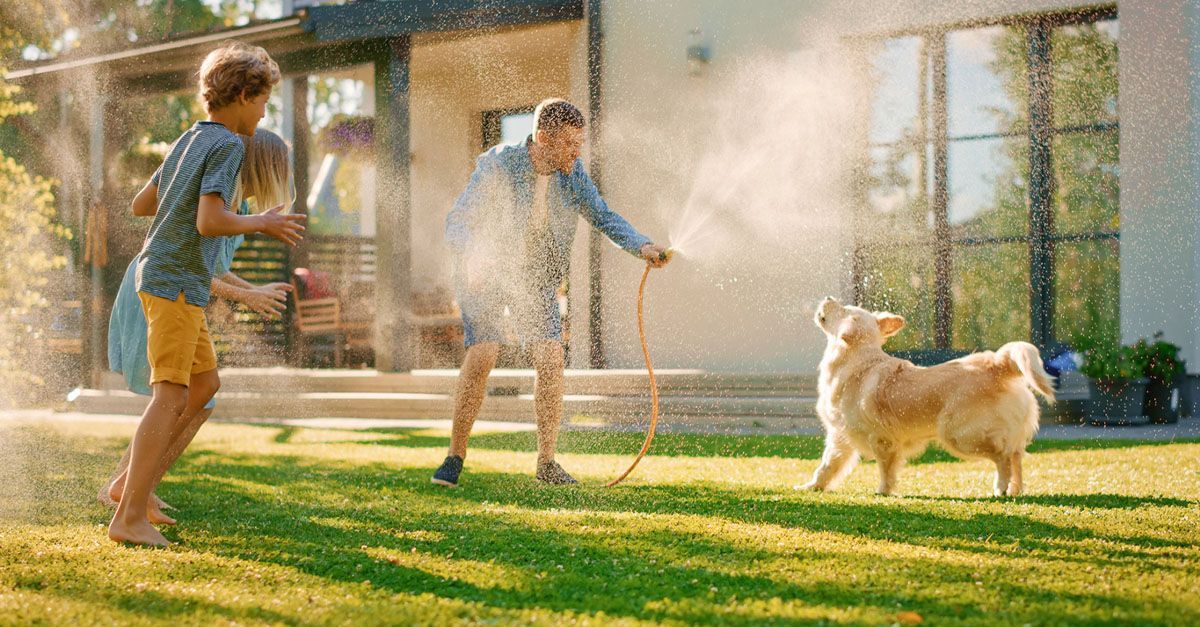
How Safe Is Your Hose Water? Understanding the Risks and Solutions
As the scorching Atlanta summer heats up, many of us rely on garden hoses to keep our lawns lush and our plants thriving. But have you ever wondered about the quality of the water flowing through those hoses? Whether you're watering your garden, filling up a kiddie pool, or washing your car, the water from your hose might not be as safe as you think.
The Risks of Hose Water
Water from your hose can be risky to ingest. Here’s why:
Hose Water Can Have Chemicals and Contaminants
Garden hoses are typically made of PVC or rubber, materials that can leach harmful chemicals into the water, especially when exposed to heat and sunlight. These chemicals can include lead, phthalates, BPA, and other toxins that pose health risks, particularly when used for drinking or cooking.
Potential Microbial Growth
Stagnant water inside hoses can become a breeding ground for bacteria, mold, and other microbes. This is especially true if hoses are left connected to outdoor faucets or lying in the sun for extended periods.
Cross-Contamination
Many people use the same hose for various tasks, from watering plants to washing off gardening tools. This can lead to cross-contamination between different sources of bacteria and chemicals, potentially affecting the safety of your hose water.
How to Make Hose Water Safer
There are a few steps to ensure your hose water is safe. Start by choosing hoses that are labeled as drinking water safe, as these are designed to minimize the leaching of harmful chemicals. It's also essential to regularly flush out your hoses to prevent any stagnant water buildup, especially if they've been sitting out in the sun or connected to outdoor faucets for a while. We recommend running the water in your hose until it runs cold. If you have older yard hydrants, upgrade them immediately to newer, lead-free models to reduce the risk of metal contamination.
Yard Hydrants and Their Roles
Yard hydrants are an essential part of outdoor water systems, providing convenient access to water throughout your property. However, they can also contribute to water quality issues if not properly maintained or if they're outdated and prone to leaching contaminants.
Older yard hydrants, in particular, may contain lead or other metals that can leach into the water supply. Regular inspection and, if necessary, upgrading to modern, lead-free hydrants can help mitigate these risks and ensure cleaner water for your outdoor use.
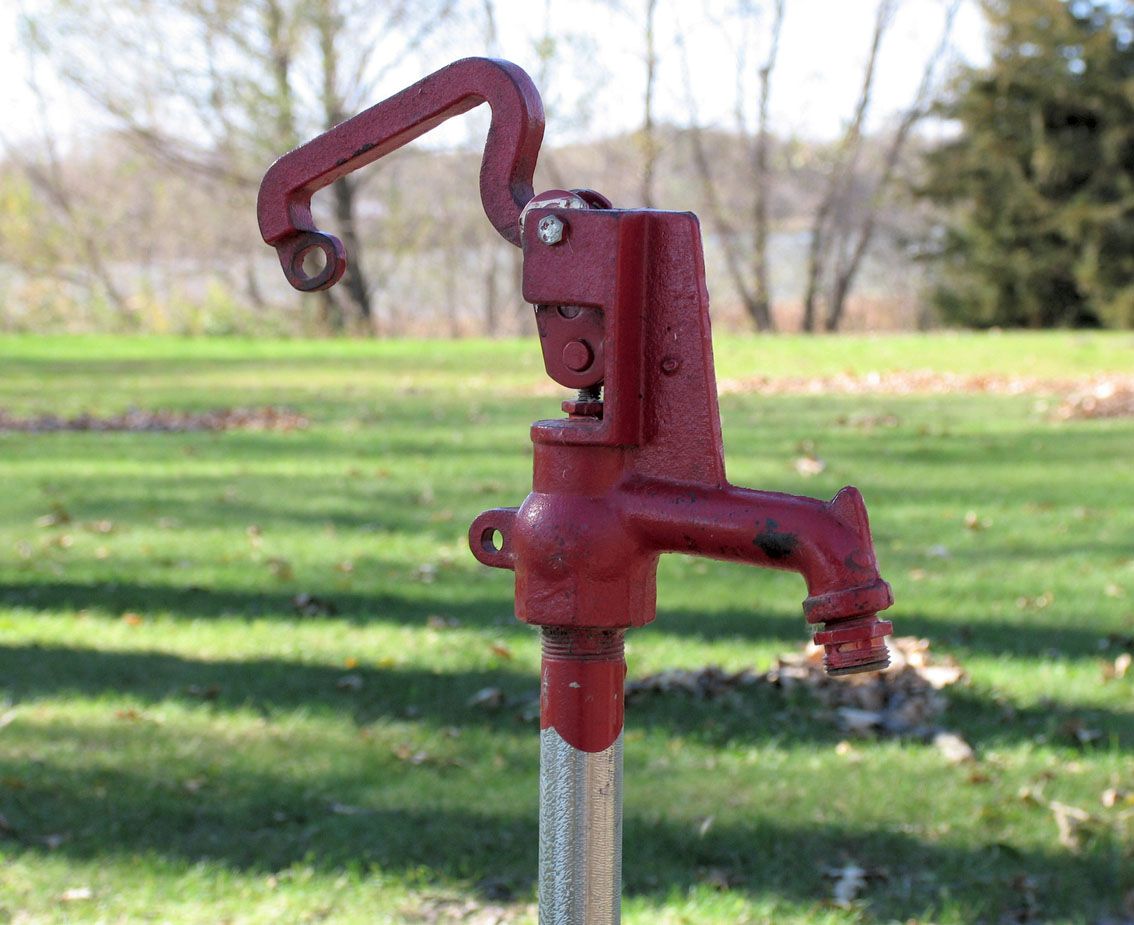
While garden hoses and yard hydrants are indispensable tools for outdoor tasks in Atlanta, it's essential to be aware of the potential risks associated with hose water. By understanding these risks and taking proactive steps such as installing water filters and maintaining modern yard hydrants, you can ensure that the water flowing through your hoses is safe for all your outdoor needs.
Whole House Water Filters: Your Solution for Safer Water
When it comes to ensuring the water in your home is safe, it's not just about what comes out of the hose. Whole house water filters provide a comprehensive solution to safeguarding your family's health and enhancing the taste and quality of every drop of water used throughout your home.
Why You Should Consider Whole House Water Filters
- Complete Protection: These filters treat all the water flowing into your house, not just the drinking water. That means every shower, every dish washed, and every load of laundry benefits from cleaner, safer water.
- Say Goodbye to Contaminants: They remove a wide range of impurities, from chlorine and lead to pesticides and other chemicals that can affect your health and the taste of your water.
- Better for Your Family: By reducing exposure to harmful substances, whole house filters contribute to better overall health. It's a relief knowing everyone at home is using water that's not just cleaner but also healthier.
- Protects Your Plumbing: Filtering out sediments and chemicals helps keep your pipes and appliances in better shape. No more worrying about mineral build-up or damage caused by corrosive elements in your water.
Call Plumb Works to Schedule a Plumbing Service
At Plumb Works, Inc., we're committed to helping Atlanta residents enjoy clean and safe water at home. Contact us today to learn more about our services, including water quality testing, hose water filtration solutions, and yard hydrant inspections. Let's work together to keep your outdoor water supply safe and reliable all year round.
